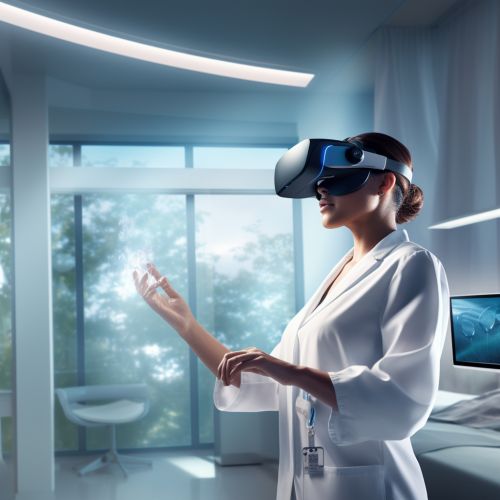The Role of Virtual Reality in Healthcare
Introduction
Virtual reality (VR) is a simulated experience that can be similar to or completely different from the real world. In the context of healthcare, virtual reality has been increasingly utilized for various purposes, ranging from medical training to patient treatment. This article delves into the role of virtual reality in healthcare, exploring its applications, benefits, challenges, and future prospects.
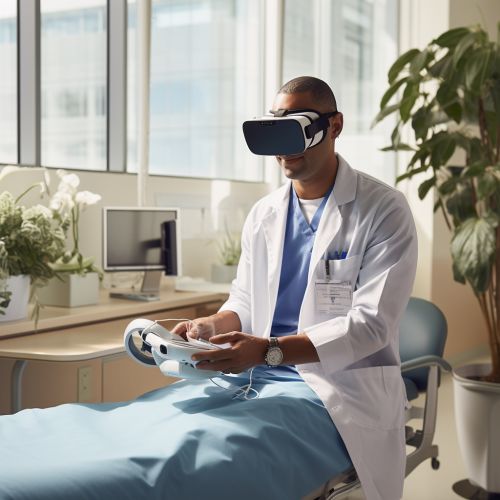
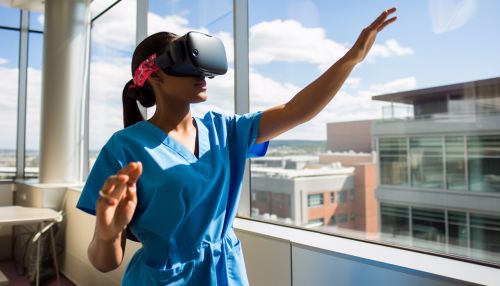
Applications of Virtual Reality in Healthcare
Medical Training
One of the primary applications of virtual reality in healthcare is in medical training. Virtual reality provides a safe and controlled environment where healthcare professionals can practice procedures and gain confidence before performing them on real patients. For example, surgeons can use VR to simulate surgeries, allowing them to practice complex procedures and improve their skills without the risk of harming a patient.
Patient Treatment
Virtual reality is also used in patient treatment, particularly in the fields of physical therapy and psychotherapy. In physical therapy, VR can simulate physical activities and environments that help patients regain motor control and coordination. In psychotherapy, VR is used for exposure therapy, where patients confront and manage their fears in a controlled virtual environment.
Pain Management
Another application of virtual reality in healthcare is in pain management. Studies have shown that VR can help distract patients from pain during procedures or chronic pain management. By immersing patients in a calming virtual environment, their focus is shifted away from their pain, reducing their perception of discomfort.
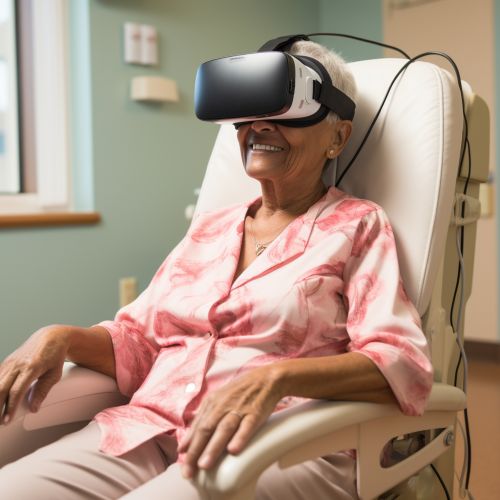
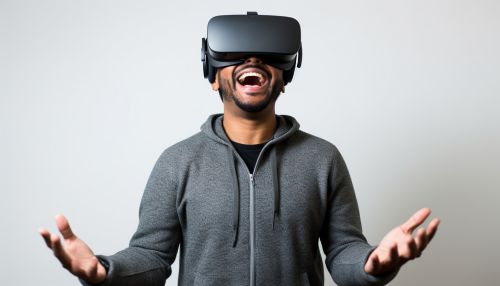
Benefits of Virtual Reality in Healthcare
Virtual reality brings several benefits to the healthcare sector. These include improved medical training, enhanced patient treatment, and effective pain management.
Improved Medical Training
Virtual reality provides a realistic and immersive environment for medical training. This allows healthcare professionals to practice procedures and make mistakes without any real-world consequences, leading to improved skills and confidence.
Enhanced Patient Treatment
In patient treatment, virtual reality can provide personalized and engaging therapy sessions. This can lead to increased patient motivation and adherence to treatment, resulting in better outcomes.
Effective Pain Management
As a non-pharmacological method of pain management, virtual reality can help reduce the reliance on pain medication. This can be particularly beneficial for patients with chronic pain or those who are susceptible to opioid addiction.
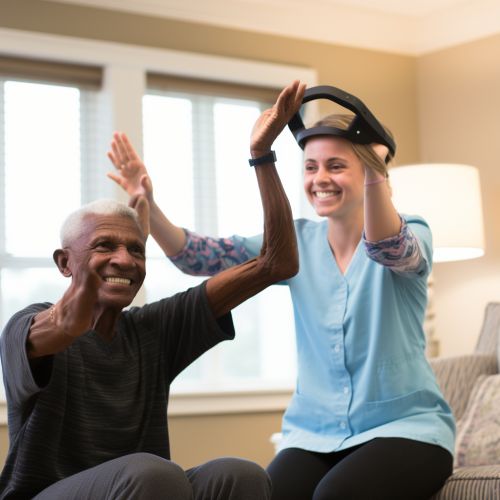

Challenges of Virtual Reality in Healthcare
Despite its benefits, the use of virtual reality in healthcare also presents several challenges. These include high costs, technical issues, and potential side effects.
High Costs
The high costs associated with VR technology can be a significant barrier to its widespread adoption in healthcare. This includes the costs of the VR equipment itself, as well as the costs of developing and maintaining the VR software.
Technical Issues
Technical issues, such as software bugs or hardware malfunctions, can disrupt the use of VR in healthcare. These issues can lead to interruptions in medical training or patient treatment, potentially compromising their effectiveness.
Potential Side Effects
The use of VR can also have potential side effects, such as motion sickness or eye strain. These side effects can affect both healthcare professionals using VR for training and patients using VR for treatment.
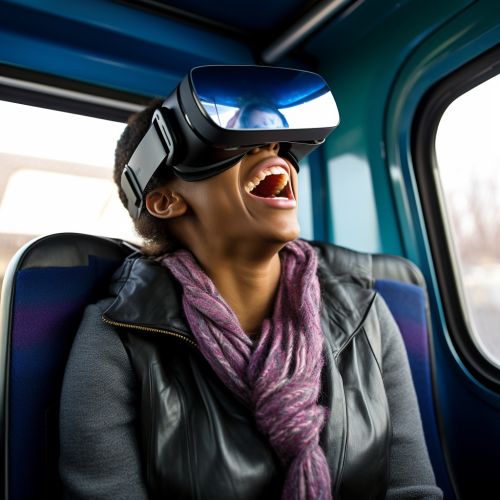

Future of Virtual Reality in Healthcare
The future of virtual reality in healthcare looks promising, with ongoing advancements in VR technology and an increasing recognition of its potential benefits. Future applications may include remote surgery, virtual reality-assisted rehabilitation, and personalized virtual health consultations.
